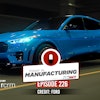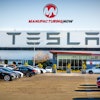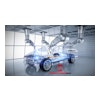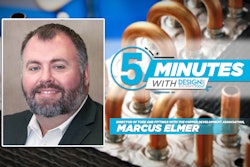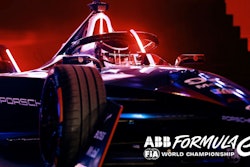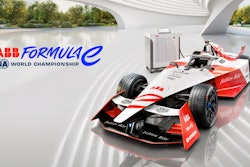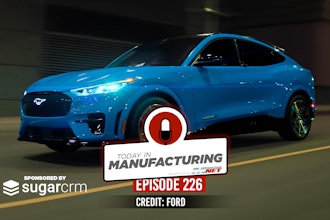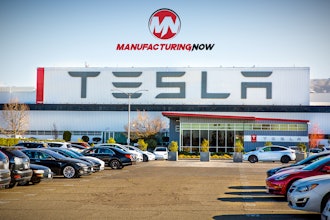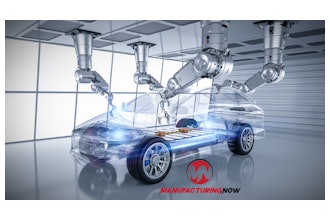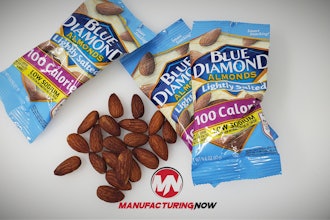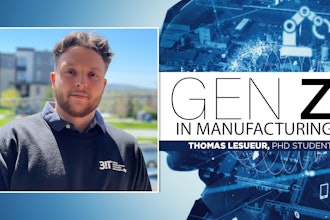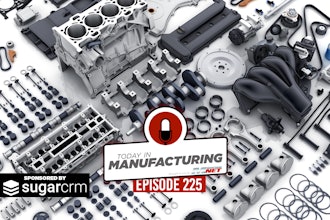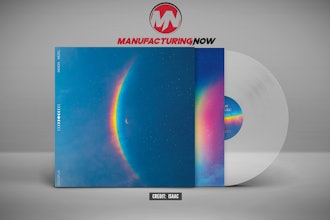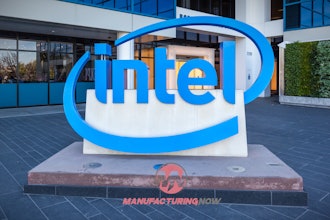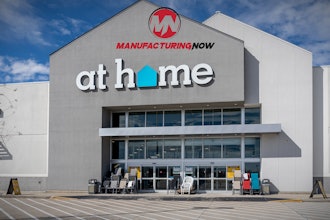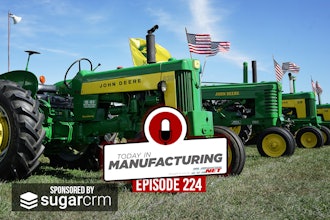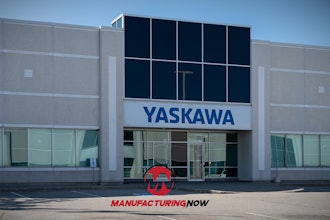More than two years ago, Volkswagen announced an $800 million initiative to expand its lone U.S. plant to produce electric vehicles.
But a trade dispute involving the supplier of batteries for those forthcoming vehicles has complicated those plans.
LG Energy Solution alleged that fellow Korean company SK Innovation lured away dozens of its employees in an effort to steal its trade secrets. A judge ruled in LG’s favor last year, and last week, the U.S. International Trade Commission upheld that decision — and banned SK from importing, making or selling batteries in the U.S. for 10 years.
The decision has obvious implications for SK’s $2.6 billion factory under construction in Georgia, but it could also reverberate throughout the North American auto market — SK was supposed to make batteries for electric vehicles from Ford and Volkswagen.
The ITC decision sought to cushion the blow for those companies by including a four-year exemption for Ford and two years for VW, but the German automaker suggested that wouldn’t be enough. VW said it was an “unintended victim” in the case and indicated it would ask for “at least four years” to ensure “an adequate transition period.”
Volkswagen said it would take “all necessary steps” to ensure that production of the ID.4 electric compact SUV — and the addition of some 1,000 factory jobs — moves forward in Tennessee. Both VW and Ford expressed hope that LG and SK would resolve their dispute out of court and ensure the nation’s supply of EV batteries goes uninterrupted. LG has reportedly floated the possibility of SK paying to license its technology.
Georgia officials, meanwhile, asked the Biden administration to reverse the ITC’s decision altogether, citing the potential impact on SK’s plans to hire 2,600 people at its new plant. Biden has 60 days to review or block the ruling.

